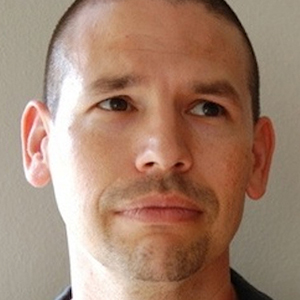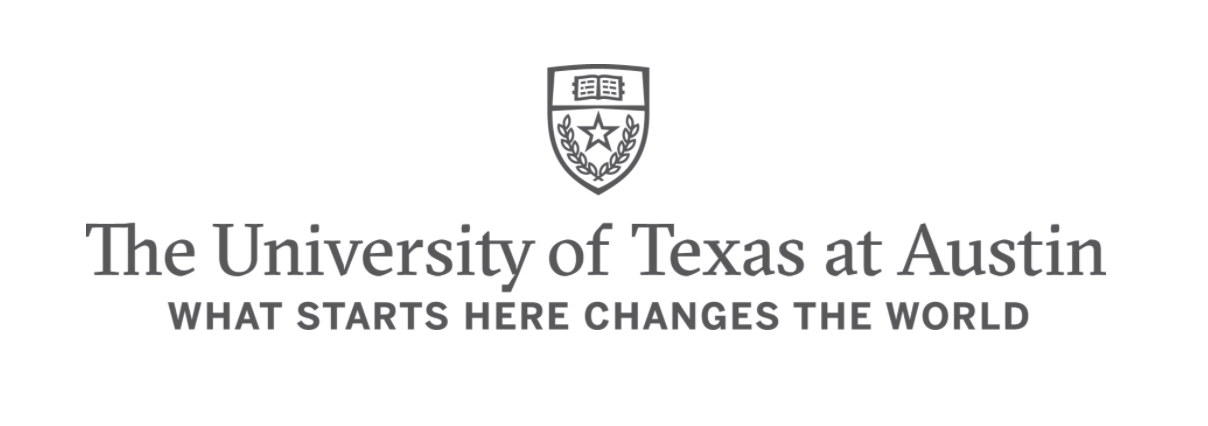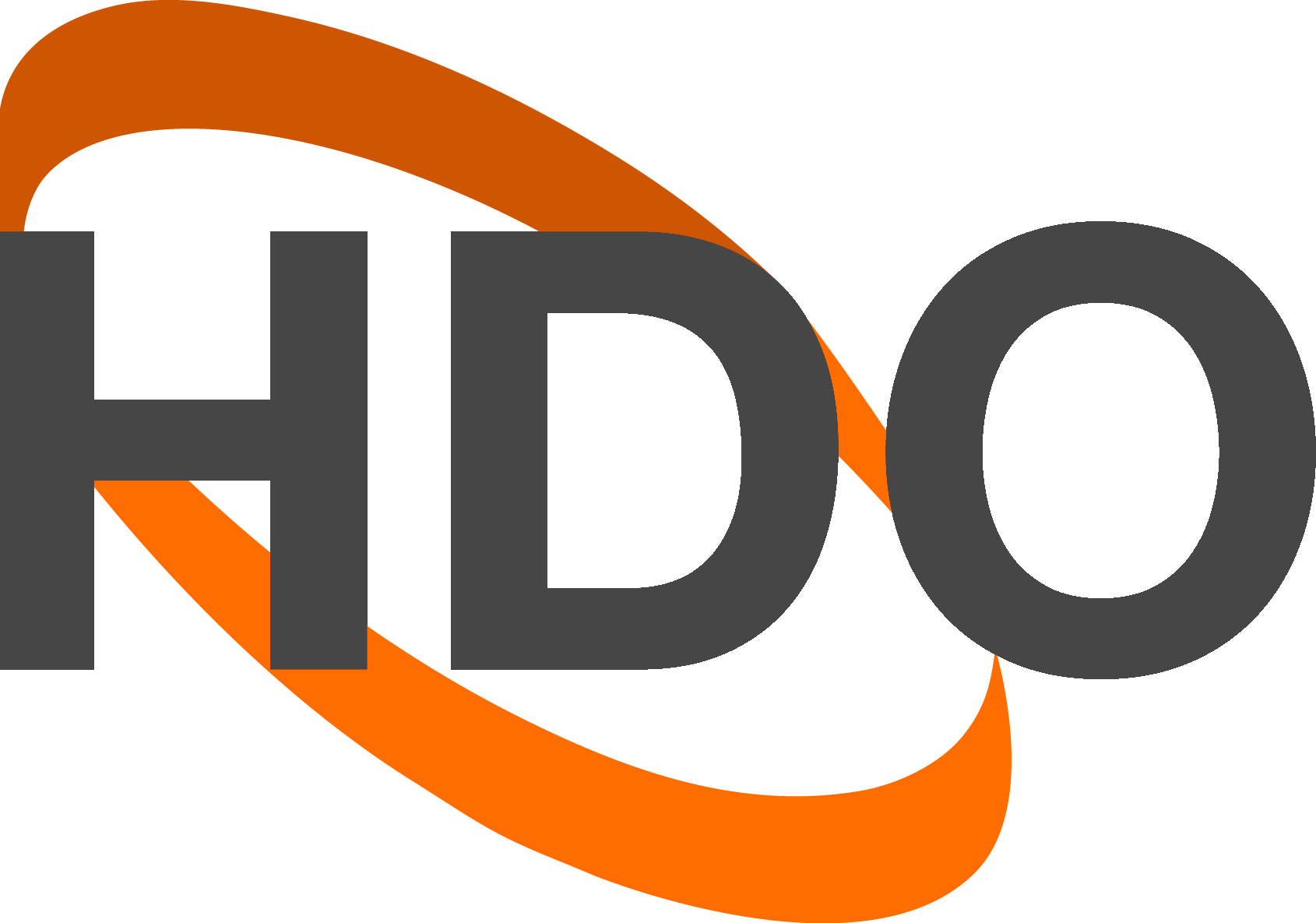A Good Idea is Not Enough: Persuading Like An Entrepreneur
$1,000
This certificate program consists of three required courses (listed below) and one elective course option.
This certificate is comprised of four single-day courses.
If you’re experiencing an error while attempting to check out, please take the following steps: Clear your browser cache and cookies, close your browser, and try registering again. If this does not correct the problem, please use another browser. We recommend Google Chrome or Firefox. We apologize for the inconvenience. If issues persist, please contact cpe@austin.utexas.edu

Discover how persuasion works and discuss principles that can make you more persuasive — in your ventures, your organization and your life.
In a startup, a good idea is not enough. No matter how exceptional your innovation is, you need to show stakeholders how your idea solves their problems and how you can make this solution sustainable. You have to get to know your stakeholders, take their perspectives, understand their needs, shape your value proposition, and build a successful business model. Most importantly, you have to compress your argument into a pitch, which could be as short as 30 seconds.
Entrepreneurs face extreme cases of the kind of persuasion we often have to do within and between organizations: persuasion that involves aligning the concerns and interests of different stakeholders and proposing a workable, sustainable solution.
Participants in this seminar cover the following major issues:
- Understanding the big picture. Why don’t ideas “sell themselves”? How does persuasion work, and how can we develop and communicate an offering that can persuade all of our stakeholders?
- Choosing the right argument — and refining it with feedback. What kind of logic should you apply to your offering? How do you establish feedback loops to refine that offering? How do you identify pain and articulate a persuasive value proposition?
- Making it work: Figuring out your self-sustaining system. A value proposition is the kernel of your argument, but you also have to demonstrate that it can be sustained. Whose problem are you solving? What’s the solution’s scope? What are the pieces of the system that will sustain it? And how do you “fail faster” without failing disastrously?
- Pitching. Once you’ve developed an argument, you have to pitch it, then answer questions from stakeholders who may disagree with you and each other. How do you pitch effectively? How do you co-create solutions with your audience? When do you decide to persevere, pivot — or punt?
Participants are encouraged to bring examples of proposal arguments from their own work: sales pitches, proposals, recommendation reports, feasibility reports, or similar arguments that deliberate on a solution. Dr. Spinuzzi will also provide samples of these materials for participants if they can’t/don’t wish to bring in their own.
In small workgroups, participants examine these materials and discuss:
- What is persuasion, and how does it work?
- What makes a persuasive idea spread? How can we persuade stakeholders with different interests?
- What is the difference between describing a solution and proposing a solution? How can we refine our claims to better persuade different sets of stakeholders?
- What is “market pain”? How do we identify it and why is it so critical to proposing solutions?
- How do you refine a value proposition to make it more persuasive?
- How do you build a self-sustaining system around that value proposition? That is, how do you make sure that the solution can last?
- How do you successfully pitch a solution? What common pitfalls can you avoid?
Details & Registration
Time: 9 a.m.-4 p.m.
Continuing Education Units (CEUs): 0.6 CEUs will be awarded upon completion of this program (six hours of instruction)
One-Day Seminar Pricing:
Registration fee includes all course materials, catering (lunch and refreshments), WiFi access, and parking.
- Standard Registration: $1,000
- UT System Staff/Alumni Registration: $750
- Educator, Nonprofit, Government, Military Registration: $750
Get employer support! We’ve gathered resources to help you make the case for your employer to support your HDO education.
If you have questions prior to registering, please see our Professional Training FAQ or contact Andrew M. Vasquez, HDO’s Enrollment & Success Coordinator at hdo-pro@austin.utexas.edu.
Course Leader(s)

Clay Spinuzzi is a Professor of Rhetoric and Writing at UT Austin. Dr. Spinuzzi leads HDO 386: Persuasion and Argumentation in the HDO Master’s Degree program. His research focuses on how organizations circulate and coordinate information to solve complex problems. For the last several years, he has led studies into entrepreneurship communication, resulting in nearly a dozen publications.
Spinuzzi has published several award-winning articles and four books: Tracing Genres through Organizations (MIT Press, 2003), Network (Cambridge University Press, 2008), Topsight (Amazon CreateSpace, 2013; second edition, Urso Press, 2018), and All Edge: Inside the New Workplace Networks (University of Chicago Press, 2015).
Who Should Participate
- Startup Founders and Executives
- Entrepreneurs
- Intrapreneurs
- Innovation Leaders
- Fundraising and Development Professionals
- Senior/Executive Leadership
- Managers and Directors
A really wonderful experience with great content and thoughtful organization. I really appreciated the concrete examples and formulas for building proposals and pitches. These are great tools that I can take with me and apply in my profession.
From Certificate Seeker to Competitive Advantage in Just Four Days
Built on strong academic fundamentals and real-world relevance, HDO Certificate Programs are designed to enhance the portfolios of mid- and upper-level professionals.
Over the course of your program, you will gain immediately-applicable tools and skills to accelerate your career, whether your goal is advancing in your current organization, deepening your capacities to excel in your existing role, or developing additional skills for a transition to a new position. In the process, you will learn alongside and network with experienced professionals from a wide range of industries.
Courses Led by Top Faculty
“My favorite part of the Certificate Program was, hands down, the cross-disciplinary faculty. What remarkable minds! I gained multiple new lenses through which to view workplace challenges. I felt so lucky to have exposure and access to these extraordinary educators. The HDO faculty is world class. I can’t stop raving.”
Sarah Gerichten, Director of Marketing, Square Root, Inc.
Transform Your Organization with Group Training
By applying cutting-edge research and expertise from UT Austin’s top faculty to your organization’s unique challenges, our training programs are designed to:
- Build a dynamic organizational culture that fosters innovative thinking and embraces change.
- Strengthen team cohesion around existing or aspirational goals.
- Enhance leadership skills at all levels, from first-time managers to senior leaders and executives.



